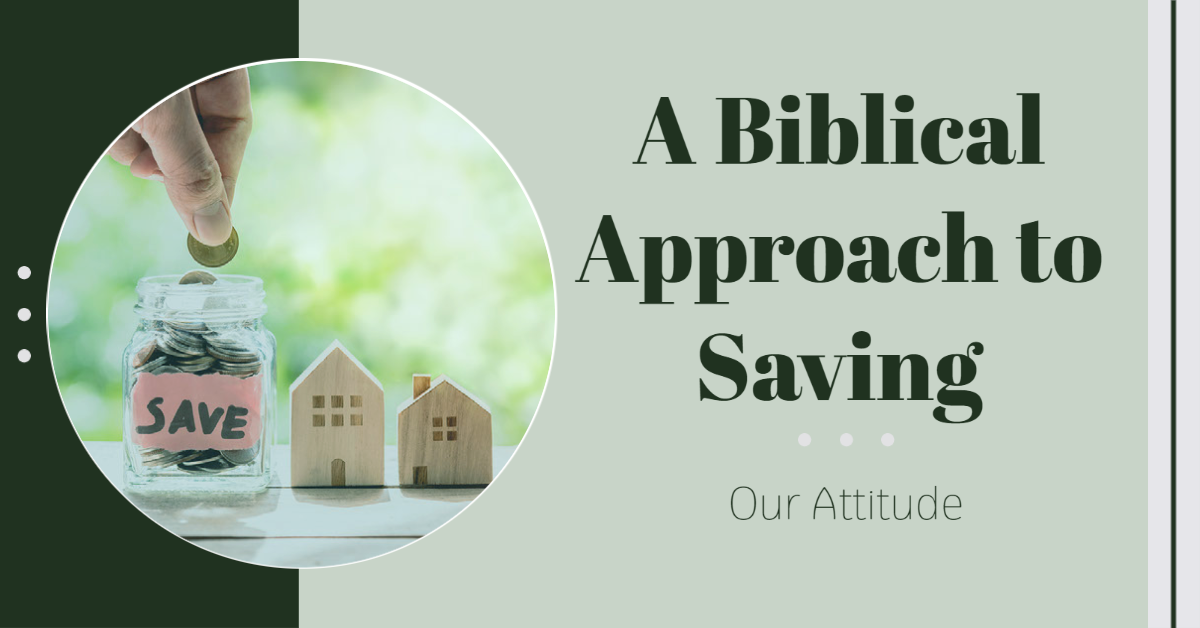The section of James we're in this month is, "Warning to the Rich." It can be easy to think, "I'm not rich, so this doesn't apply to me"; however, I don't want you to check out and assume nothing in these verses can be applied to you and your life.
In the passage above, James is addressing "rich people" and accuses them of exploitation and neglect. We might not consider ourselves "rich". It is so easy for us to always be looking at someone else who has more than us and saying that they're the problem, not us (finger pointing is a whole lot easier than taking ownership of your own problems). While we might not be the exact audience James is addressing here, can we still take this as a warning to not use our own wealth/resources poorly? How does God want us to use our resources?
"Come now, you rich, weep and howl for the miseries that are coming upon you." v. 1
James is referring to the final judgment that we will all face. As we go through the remaining verses in this section, this is James’s focus.
"Your riches have rotted and your garments are moth-eaten. Your gold and silver have corroded, and their corrosion will be evidence against you and will eat your flesh like fire. You have laid up treasure in the last days." vv 2-3
Things that might be looked at as a blessing -- the riches and resources we have -- can actually be used as evidence against us during the final judgment. A passage that I think of when it comes to our earthly possessions being temporary is in Matthew 6:
Most of us are well off and are living a comfortable life with different luxuries. It's not a bad thing to have these luxuries (cell phones, internet, other smart devices, vacations, etc.) but it's important to keep everything in perspective as these "blessings" in life can also be a distraction. James provides a warning for those hoarding their wealth and using their resources for themselves. Are you using the resources God has given you for only selfish reasons, or are you using them to build up the Kingdom?
If you're spending your life focused on gaining earthly treasures for yourself, you're essentially fattening yourself up for slaughter – it'll be used as evidence that you were selfish and didn't care about others in this world. I've mentioned in previous blogs that it's not a bad thing to be wealthy and have nice possessions; however, it all comes down to your heart and if these things become an idol. The greatest commandment is to love your neighbor as yourself. If you're so self-absorbed to where all your resources are going towards yourself, are you really loving your neighbor? Remember James 4:17, "So whoever knows the right thing to do and fails to do it, for him it is sin." Failing to love your neighbors by hoarding resources will be evidence against us in the end. What were once our assets suddenly become our liabilities.
"Behold, the wages of the laborers who mowed your fields, which you kept back by fraud, are crying out against you, and the cries of the harvesters have reached the ears of the Lord of hosts." v 4
This specific verse confronts the landowners who have cheated their field workers and harvesters in order to gain more money/profits for themselves. While dishonest people might get away with things in this world, nobody will be able to get away with it when we stand in front of God.
"You have lived on the earth in luxury and in self-indulgence. You have fattened your hearts in a day of slaughter." v 5
As a believer, you should not center your life on yourself. As stated before, we should use what we've been given to help others. Are you using your resources for your own self-indulgence? This is a warning to ensure you are not "fattening yourself up for slaughter" by gorging on temporary luxuries.
People tend to get very defensive when talks of money/our resources come up. While money is an important topic for Christians to discuss, it's often taboo. As a firm, we want to help others start having these conversations around finances. If you haven't checked out our mid-month series, we've been going through our "Biblical Approach to Finances" workshop each month. You can find what we have already covered and will cover in the remaining blog here:

Going back to the passage in James, it all comes down to our HEART. We don't want to be legalistic and say we can't spend X amount of money on our car, house, vacations, etc.; however, we shouldn't cling to the things we have on this earth. If you're continually asking, "can I have this or that?" you should first do a heart check. Ask yourself:
Life is short on this earth. Let's make sure we're focusing on our eternity with Christ and how we can better serve Him while on earth instead of focusing on ourselves!
Cornerstone Impact Update
If you’re a Christian, it’s important to follow God in all areas of your life. Sometimes it can be difficult to figure out how to fully follow God with your finances. We’ve been doing a Biblical Approach to Finances series for the last year. We’re almost finished with the series, but you can look back at the previous posts. In April, we started discussing what our attitude towards saving should be:

Eventide
Did you know that Eventide started a podcast? Their new podcast, Invest by Design has three episodes so far. The most recent episode discusses medical innovations and investing. Check it out here:






